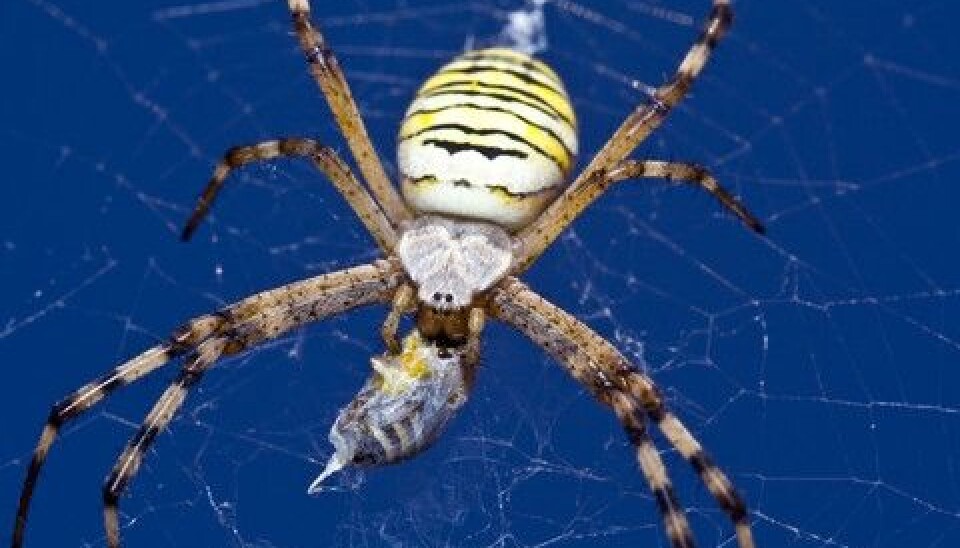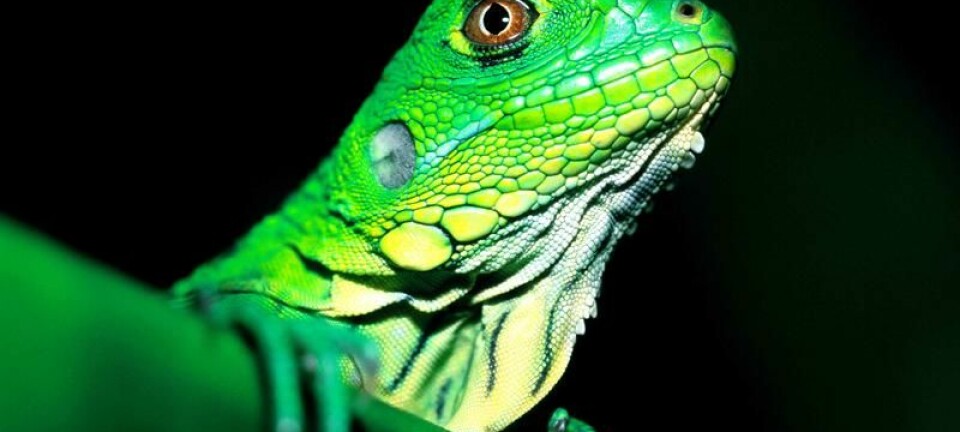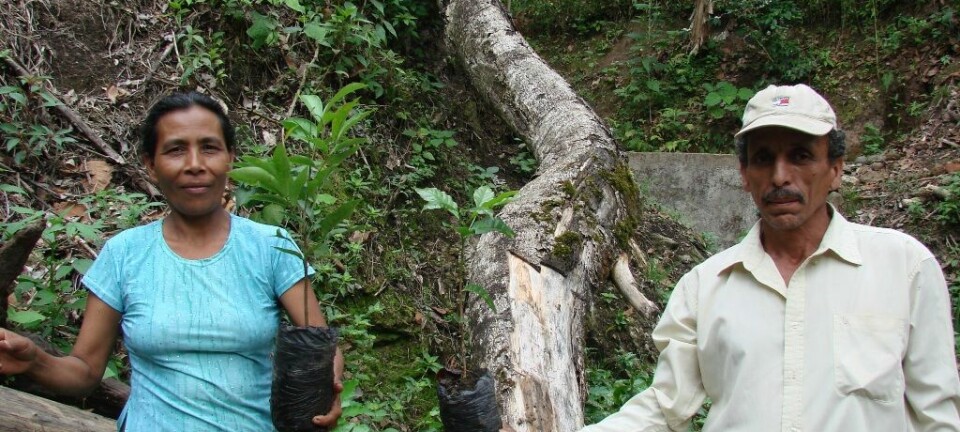
Climate debate is based on religion
Religion plays a major part in the climate debate, for instance in our fight to preserve endangered species that have no practical use to humans, argues theologian in a new book.
There may not be any obvious point in trying to preserve annoying insects and slimy maggots. Yet most people believe we should try to save them from extinction.
Our love of biodiversity and our inclination to preserve threatened species comes from religion, argues Jacob Wolf, a theologian at Copenhagen University in a new book in which he has collected a number of essays on phenomenology, science, ecology and theology.
Nature conservation is religious and universal
People all over the world are fighting to save threatened animal and plant species. But not all species have any practical use, and their survival has no bearing on human survival.
So when we’re fighting to preserve the Earth’s biodiversity, we’re not doing it because we fear our lives will get any worse if threatened species become extinct. We want to preserve the species, despite their lack of practical value to us, because we have an ethical mindset that’s rooted in religions, Wolf writes in a press release from Copenhagen University.
Science describes how the world is but it doesn’t tell us how it should be. The concept of existence value clearly expresses a view that prescribes a certain course of action – a duty to protect endangered species.
Jakob Wolf
Thus, he argues, the climate debate is rooted in a religious ethic that spans cultures and religions:
“Some people would claim the modern climate debate is rooted in our desire to survive. But when it comes to the diversity of species, this argument simply doesn’t hold water,” he says.
“An orchid from the Cayman Islands, a blue-black pheasant from Vietnam or a Javan rhinoceros has no impact on the world economy or the global ecosystem. We only become emotionally caught up in their fight for survival because of a reverence for life rooted in our perception of the world as a work of creation and life as sacred and inviolable.”
International report based on religion
The modern view of nature and the debate about climate issues and sustainability are based largely on a scientific approach to the world.
Whereas a scientist observes a flower in the garden and sees photosynthesis, those of us with an ethical view of the world see an irreplaceable work of art that appeals to our admiration and respect. The concept of the world as being something other than, and more than, the sum of matter is largely metaphysical or religious.
Jakob Wolf
However, ethical and emotional approaches to nature also colour these discussions. Documentaries about ice melting at the poles, for example, appeal to our emotions by showing polar bears having trouble finding food for their young.
The International Union for Conservation and Nature (IUNC) report ‘Priceless or Worthless’ from September 2012 describes the 100 most threatened animal and plant species. It stresses the our duty to safeguard these species of the world even if they serve no function.
“The desire to safeguard species of animals and plants that we don’t have any apparent need for is an aspect of the modern climate debate that is based on a religious ethic,” says Wolf.
In the introduction to the IUNC report, Professor Jonathan Bailie, of Oxford University, highlights that these species are of no utilitarian value to us and do nothing but represent what he calls “existence value”. According to Wolf, the concept of nature and species of wildlife being intrinsically valuable reflects an ethical approach to nature that differs distinctly from a scientific perspective.
“Science describes how the world is but it doesn’t tell us how it should be. The concept of existence value clearly expresses a view that prescribes a certain course of action – a duty to protect endangered species,” Wolf writes. “Whereas a scientist observes a flower in the garden and sees photosynthesis, those of us with an ethical view of the world see an irreplaceable work of art that appeals to our admiration and respect. The concept of the world as being something other than, and more than, the sum of matter is largely metaphysical or religious.”
Jakob Wolf’s book, titled ‘Det ubevæbnede øje – essays om fænomenologi, videnskab, økologi og teologi’ (‘The unarmed eye – essays about phenomenology, science, ecology and theology’) was published last week and is currently only available in Danish.
-----------------------------
Read the Danish version of this article at videnskab.dk
Translated by: Dann Vinther






